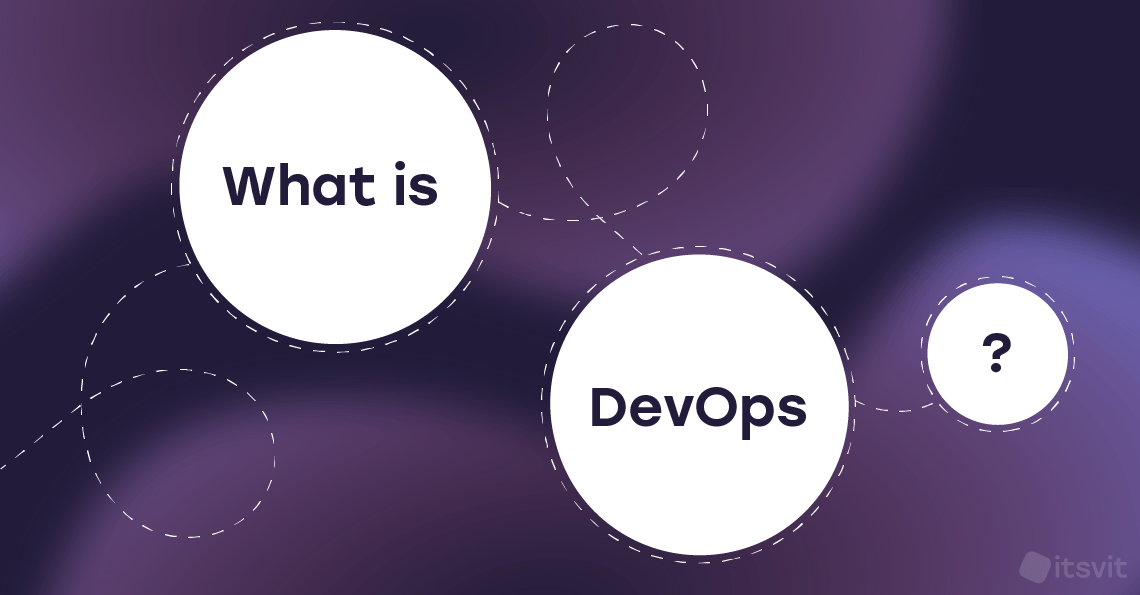DevOps for delivery services from restaurants
It’s not a secret that demand for food delivery grew immensely with the quarantine going on. Online food delivery platforms face huge loads of traffic these days, the majority of web and mobile applications hardly ready to handle the demand. DevOps can help with smooth experience for users, prevent downtime and much more.
The COVID-19 outbreak that grew into a pandemic and forced nearly all of the world to go on quarantine. . This means citizens are unable to visit a restaurant — but many restaurants have already got their delivery services operating before the quarantine. The challenge now is to handle the increased traffic and ensure system resilience under heavy workloads. Contracting DevOps for delivery services can help restaurants handle the changing operational landscape and turn this crisis into opportunity by providing a viable alternative to dining out for their customers.
What does an online delivery service for a restaurant need?
- It must be able to receive orders from the website, from a mobile app, or even through a chatbot
- It must be able to handle various payment gateways
- It must support the “forgotten cart” feature, reminding the customers of their unfinished orders
- It must store the history of previous orders for the purpose of analytics and enabling loyalty programs.
However, these features can be enabled by the app itself, either through add-ons and plugins or through a custom functionality — given time. And time is a luxury we cannot afford to waste right now, as the world is awakening from slumber and realizing it can work, learn, relax and order food online while being efficient.
For example, All Set Now, a Ukrainian startup that has currently connected more than 2,500+ restaurants in 12 cities across the USA. Participating in All Set Now partner network has enabled these establishments to grow their delivery revenue and increase their table turnover by 200%, while their customers live a healthier and happier life, being able to order any meals quicker.
This is just the beginning of literally endless possibilities your business can unlock if you decide to utilize this situation to the max. Using AR/VR to provide a preview of a custom meal for your clients? With ease! Leveraging voice assistants to form orders? Not a problem. Modern technology allows being as innovative as you wish within the timeframes and budget limits you have. And this is where the hard part begins — as quarantine means the absence of visitors, thus you have very limited time and budget before you are forced to go bankrupt.
This is where DevOps can be a lifesaver, allowing your restaurant business to quickly develop and launch a bespoke delivery service solution to cater to the needs of your frequenters and enable them to continue eating the meals they love but cannot cook at home.
What is DevOps anyways?
DevOps is a methodology of software development and cloud infrastructure management enabling the businesses to deliver apps and manage them in production in a quick and cost-efficient way. This is achieved through automation of repetitive tasks and building CI/CD pipelines, where the IT systems supporting your operations can run with little effort and supervision from your team.
What is even more important for restaurants, who normally don’t have a software development team in-house, DevOps services providers can also field dedicated teams of software engineers. This way you get instant access to teams of qualified specialists able to build an application for you and ensure it is done quickly and cost-efficiently. How is it done?
Building and running any software in a production environment involves multiple repetitive operations, testing environment provisioning and new app version building being the most frequent and time-consuming. DevOps engineers automate this process through using toolchains like Terraform, Kubernetes, Helm and Docker to enable IaC — Infrastructure as Code. With it, all the parameters and variables of every computing environment needed for developing your application are written down in simple descriptive language in a form of text files — so-called “manifests”.
These manifests are stored on GitHub and can be accessed and versioned by any developer like any other code, so deploying a new version of any required environment requires only loading the corresponding manifest. This shortens the software delivery cycle by as much as 90% and allows building new products over the span of weeks and months, not years.
The next step of the DevOps journey is using CI/CD pipelines — Continuous Integration and Continuous Delivery processes. These are automated scenarios that use the output of a previous operation as an input for the next operation. Once configured, CI/CD pipelines ensure new code is can be automatically tested, built, pushed to the staging server, tested again and pushed to production with a single code commit, should the tests succeed. This ensures the speed and cost-efficiency of software delivery — exactly the results you need to launch your application in a month, not in a year.
Most importantly, DevOps is a practical implementation of Agile methodology, meaning you can get an MVP (a Minimum Viable Product) for your delivery service application in a week, release it to stay in touch with your frequenters and improve it further to acquire new customers. This can be an essential step to overcoming the quarantine crisis and successfully growing afterward.
How to make it happen then?
Contact a reliable DevOps as a service company like IT Svit, who will be able to provide end-to-end software delivery services and enable MVP development and ongoing DevOps support. We are always ready to answer any inquiries regarding using DevOps for delivery services from restaurants — contact us and let’s help your business succeed together!
